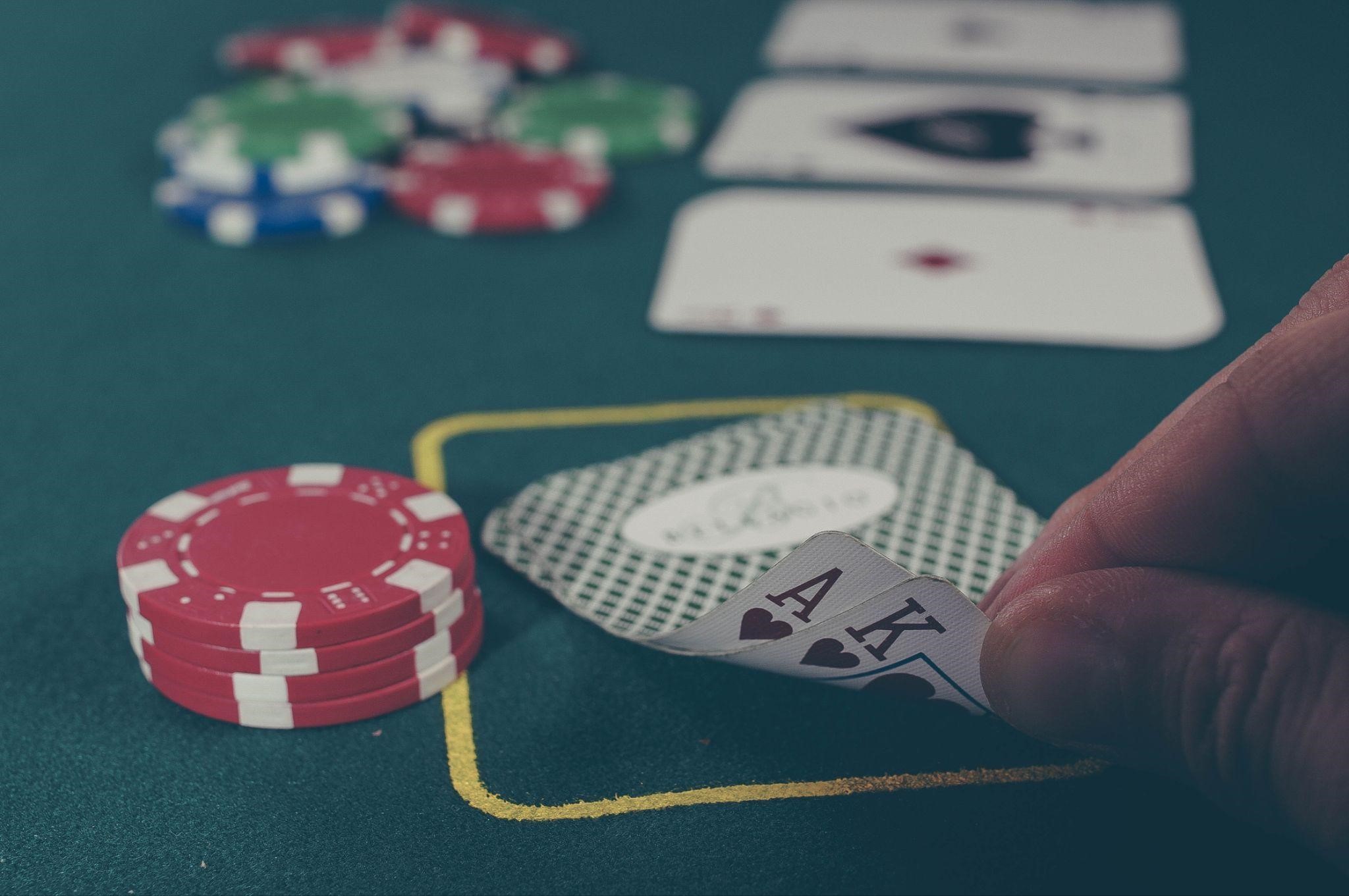How the Poker Tournament Payout Formula Works?
Image source: https://unsplash.com/photos/GikVY_KS9vQ
If you happen to be a gambler, you probably think about details that can improve your gambling sessions. For instance, you search for better bonuses or wider game selections. Some users also appreciate online casino websites that offer highest payout percentages.
It’s natural to think about these details, but how about poker tournaments? How do they function, and what’s the formula for their payout systems? We’ll answer all of these questions in the coming sections. Let’s take a look!
The Basic Payout Structure
The basic payout structure in a poker tournament is almost always a percentage-based system. It means that a certain percentage of the prize pool is set aside for each position, with the higher positions receiving a larger percentage of the prize pool. The exact percentages and the number of positions paid out vary from one tournament to another.
For instance, let’s say you take part in an event with 100 entrants and a $100 buy-in. In this case, the prize pool is $10 thousand. Event organizers will determine the payout structure, but we’ll show you one example of how it may look. Here’s our poker tournament payout calculator:
1. 1st place: 40% of the prize pool
2. 2nd place: 30% of the prize pool
3. 3rd place: 15% of the prize pool
4. 4th place: 10% of the prize pool
5. 5th place: 5% of the prize pool each
In this example, the winner of poker tournaments earns $4 thousand. The runner-up gets $3 thousand, while the third-place finisher makes $1.5 thousand. The fourth and fifth positions get $1,000 and $500, respectively.
However, you should know that the poker tournament payout formula has a huge impact on players’ strategy. Perhaps it seems strange, but you’ll see that it’s very logical. When the poker tournament payout structure is heavily weighted towards the top positions, most players will play conservatively. They do it to avoid risks that could lead to an early exit.
On the other hand, if the payout system is more evenly distributed, players will often take calculated risks. They do it to accumulate chips and build a bigger stack.
Understanding the concept of equity
Event organization is always serious when players compete for money. The structure of poker events varies, but one concept that is fundamental to all of them is equity. The concept refers to the amount of the prize pool that a player can expect to win over the long run based on the strength of their hand.
In essence, equity is the percentage of the total prize pool that a player can expect to win. For example, if there is a prize pool of $1,000 and a player has 50% equity, they can expect to win $500 on average. It's important to note that equity is not a guarantee of winning a specific amount, but rather an estimation of the value of a player's hand in relation to the prize pool.
The next question is: How do we calculate equity?
There is a formula for predicting equities. It focuses on multiple factors, but three of those are critical:
- The strength of a player's hand
- The number of players in the hand
- The amount of money in the pot
How to earn more in tournaments
Now you know the basics of prize distribution, but is there a way to start making more money from poker? There is a way, but it’s not so simple - you need to become a better player. Here’s how to do that:
1. Learn all you can about poker
Reports reveal that more than 120 million people play poker online. The competition is tough in this game, so you should definitely study the game. For example, the book “Harrington on Hold'em” by Dan Harrington covers various starting hand strategies. If you're struggling with hand selection, we strongly encourage you to read it.
2. Play consistently
Practice makes perfect in poker (and all other activities). You should play poker consistently, whether it's online or in a physical casino. It’s the only way to gain experience and learn how to react in major events.
For example, practice might help you realize that you're struggling with post-flop play. If that’s the case, you can focus on playing more hands that go to the flop and develop your decision-making skills.
3. Analyze games
The third tip is to analyze your own games. It’s critical to review your hand histories because it will help you identify weaknesses. For example, it can show you that you're consistently losing money in certain situations. In this case, you can review those hands and try to identify what went wrong.
Conclusion
Poker tournaments are fascinating events with colorful characters and generous prize pools. In this post, we explained how event organizers determine the payout structure. If you have any other questions about it, make sure to write a comment – we’ll be glad to reply!
Poker in Las Vegas
Poker in Barcelona
Poker in Rozvadov
Poker in London
Poker in Paris
Poker in Bratislava
List of World Poker Events
More interesting and useful articles from the world of poker you can read in our blog. Also search for poker clubs in the country or city, get to know about upcoming poker tournaments or cash games at PokerDiscover.com
If you liked the article, don’t forget to share it with your friends
*The content may include links to external sites relevant to the topic


